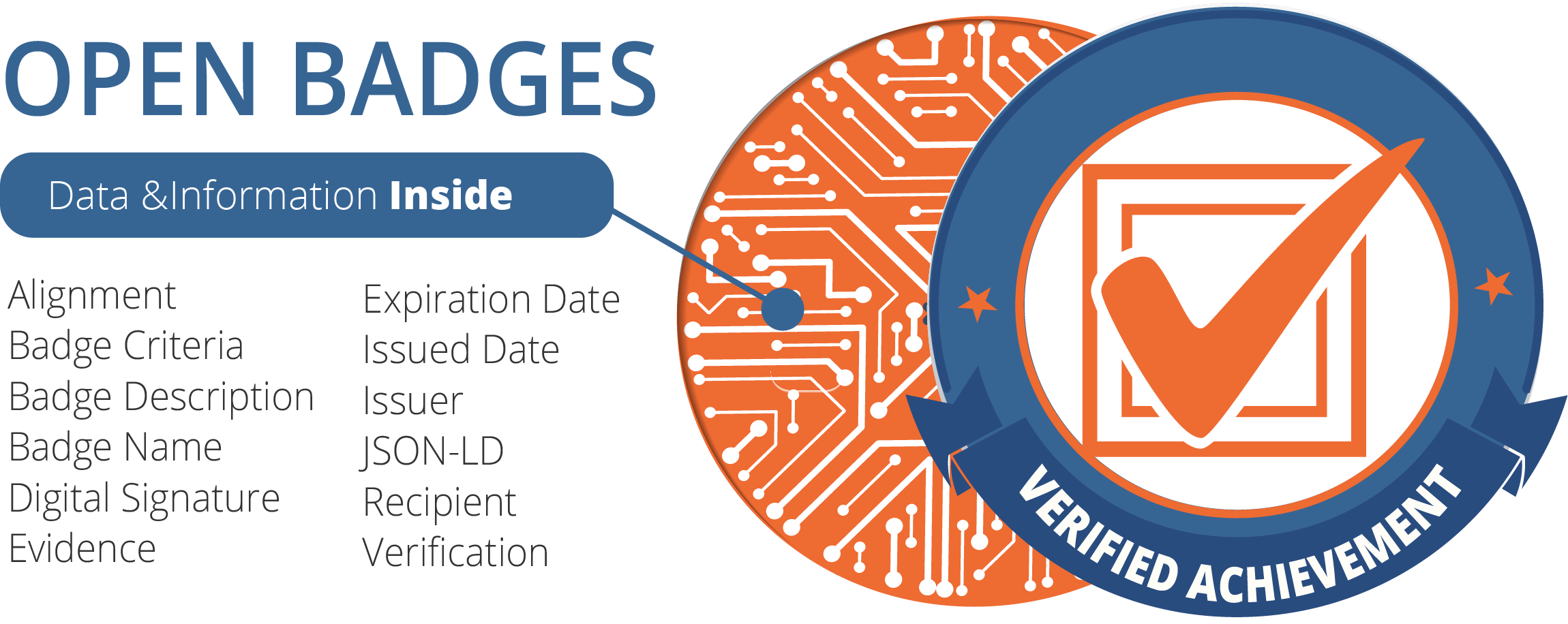
This glossary was created and/or compiled from the participants of the OpenAIRE train-the-trainer bootcamps
Special | A | B | C | D | E | F | G | H | I | J | K | L | M | N | O | P | Q | R | S | T | U | V | W | X | Y | Z | ALL
O |
|---|
OAPEN - Open Access Books ToolkitHome | OA Books Toolkit (oabooks-toolkit.org) The OAPEN Open Access Books Toolkit is resource that aims to help academic book authors better understand open access book publishing, and to promote and increase trust in open access books. From their website: "The OAPEN open access books toolkit offers a coherent set of more than 30 individual articles addressing various topics related to open access books such as:
| ||
OntologyIn the field of information science ontology is a term used as a formal representation of a set of concepts and relationships between them within a domain. The term 'ontology' originally comes from philosophy and represents a concept that deals with the study of being or existence. Together with controlled vocabularies, ontologies provide a way to organize knowledge for later retrieval. However, unlike controlled vocabularies, ontologies have more complex relationships between the terms than controlled vocabularies. One of these relationships are inferences that define set of rules to determine what additional facts can be implied if other facts are known. For instance, in explaining relationships between people, relationships between children and parents have inverse relations: a person can be a parent to a child, but not the other way around. Ontologies especially find their purpose in Artificial Intelligence (AI) where they are utilized for creating computational models that enable automated reasoning. They are also extensively used in biomedical research, genetics, and geographic information systems among others. Ontologies have their purpose in the process of FAIRification by defining the semantic model. Sources:
| ||
Open BadgesOpen Badges are digital badges which can be used to recognise achievements, skills and experiences. To put it another way, Badges are a web-enabled version of traditional credential and allow individuals to demonstrate achievements, skills and experiences in a digital format. Open Badges are designed in a format that make them shareable on different platforms in dedicated spaces (such as backpacks).
Source: https://openbadges.org/ CC-BY 4.0. Training materials:
| ||
Open Research Data Pilot (ORDP)Definition: The Open Research Data Pilot (ORDP) is an initiative that was part of H2020 funding scheme. Its objectives are to nudge researchers, institutions and consortiums to make research data necessary to validate research results open. This should in practice "improve and maximise access to and re-use of research data generated by Horizon 2020 projects" (European Commission 2022). As part of the Pilot it is key to ensure certain data are available:
Keywords: Research Data Management, Data Management Plans, Open Research Data, Open Science, FAIR data References: European Commission - Data Management H2020; European Commission - FAQs - Open Research Data; Annotated Model Grant Agreement - Article 29.3 | ||
OpenDOAROpenDOAR is the quality-assured, global Directory of Open Access Repositories. We host repositories that provide free, open access to academic outputs and resources. Each repository record within OpenDOAR has been carefully reviewed and processed by a member of our editorial team which enables us to offer a trusted service for the community. The service launched in 2005 as the product of a collaborative project between the University of Nottingham and Lund University, funded by OSI, Jisc, SPARC Europe and CURL. If you have any queries about OpenDOAR, email help@jisc.ac.uk. Services: Open access services from Jisc Guide: Source: https://v2.sherpa.ac.uk/opendoar/ | ||
